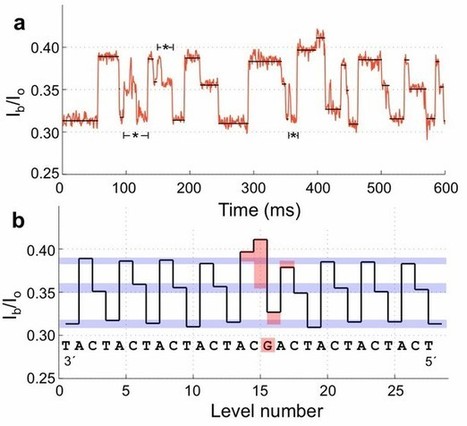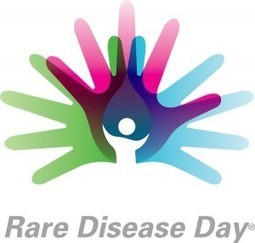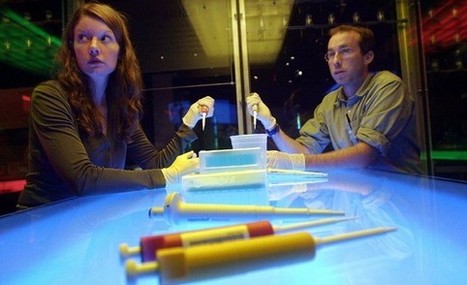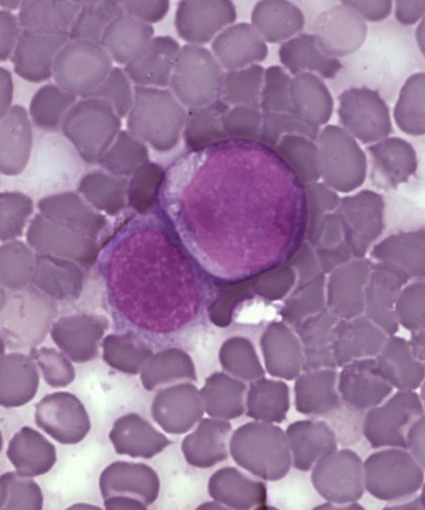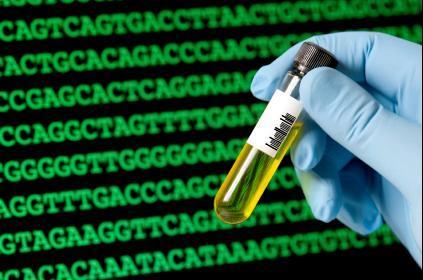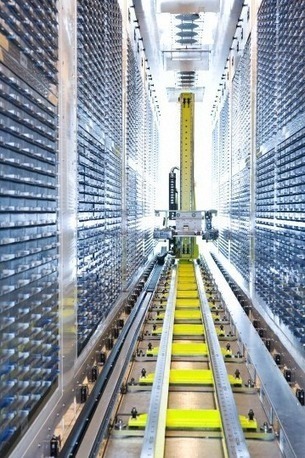The Qualcomm Foundation announced this week that it had awarded the Scripps Translational Science Institute (STSI) $3.75 million to fund clinical trials focused on wireless biosensor systems, rapid pharmacogenomic diagnostic tests, and apps and embedded sensors for tracking and predicting heart attacks, Type 1 diabetes and some types of cancer. The monies will help fund three years of research focused on wireless health.
Research and publish the best content.
Get Started for FREE
Sign up with Facebook Sign up with X
I don't have a Facebook or a X account
Already have an account: Login
Live longer in good health and you will have a chance to extend your healthy life even further
Curated by
Ray and Terry's
 Your new post is loading... Your new post is loading...
 Your new post is loading... Your new post is loading...
|
|








